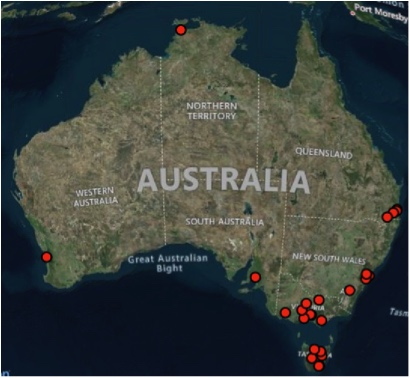The AusPollen project provides allergy and asthma patients with accurate, relevant, localised information on pollen levels in the air. AusPollen will lead to reduced symptoms and improved quality of life of patients by empowering them to self-manage their condition through making timely decisions about preventative medicine and avoidance strategies.
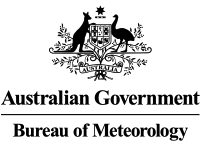
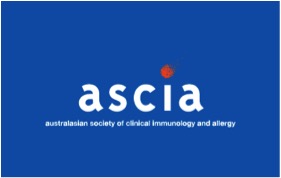
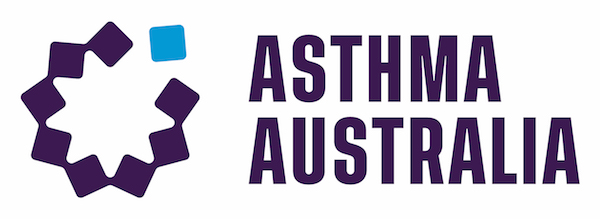
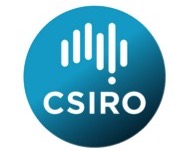


Acknowledgement:
The AusPollen Partnership was supported (September 2016 – August 2020) by NHMRC and matching in kind and cash contributions from partner organisations.
The AusPollen Aerobiology Collaboration Network depends on short term, competitive grants and needs resources to sustain this activity. If you or your organisation is able to help sponsor pollen monitoring please contact us by eamil auspollen@qut.edu.au.
The Australian Pollen Allergen (AusPollen) Partnership was a multi-centre cross-disciplinary team of eminent investigators with extensive expertise in multiple aspects of grass pollens, allergic respiratory disease, plant biotechnology, molecular immunology, pollen aerobiology, climatology, and biostatistics. The AusPollen Partnership was awarded a four-year grant from the NHMRC (2016-2020).
The AusPollen partnership established a standardised national pollen monitoring network. Since inception, the AusPollen Aerobiology Collaboration Network of active pollen monitoring sites has grown from several to 25 involving multiple collaborative projects led by many investigators.
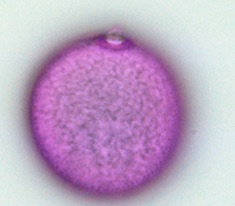
Information about pollen and spore monitoring sites can be found on NEMSR under the AusPollen Aerobiology Collaboration Monitoring Network title, including the founding sites of the AusPollen Partnership, the AirRater sites (https://airrater.org/); the VicTAPS sites; and new sites associated with an ARC Discovery Project.
The AusPollen program was co-designed and initiated with in kind and cash contributions from partner organisations: The Australasian Society for Clinical Immunology and Allergy, Asthma Australia, Stallergenes, the Bureau of Meteorology CSIRO and MeteoSwiss.
The AusPollen Aerobiology Collaboration Network includes affiliated projects; NHMRC AusPollen (GNT 1116107), AirRater, VicTAPS, Deakin AirWatch and ARC Discovery Projects (DP170101630, DP190100376).
The AusPollen Aerobiology Standard Working Party has been established in mid 2019 with the purpose to provide ongoing oversight for standardized pollen and spore monitoring in Australia, ensuring quality and consistency of pollen and spore data for the community, clinicians and research purposes.
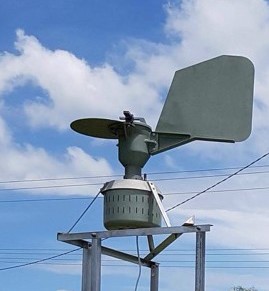
Outcomes of the Project to date
AusPollen Aerobiology Collaboration Network
Expansion to 25 sites; AusPollen, ARC Discovery, AirRater, VicTAPS, Star-Q.
Evaluation of patient benefit and need
pre- and post-season questionnaires.
Australian Pollen and Spore Monitoring Interim Standard and Protocols
applied VicTAPS 2017; ASCIA Health Professional paper V2.0 2018
Site Audit Procedure & Checklist
applied VicTAPS 2017.
Quality control of pollen counter proficiency
Milic et al., Aerobiologia, 2019
Addison-Smith et al., Aerobiologia, 2020

